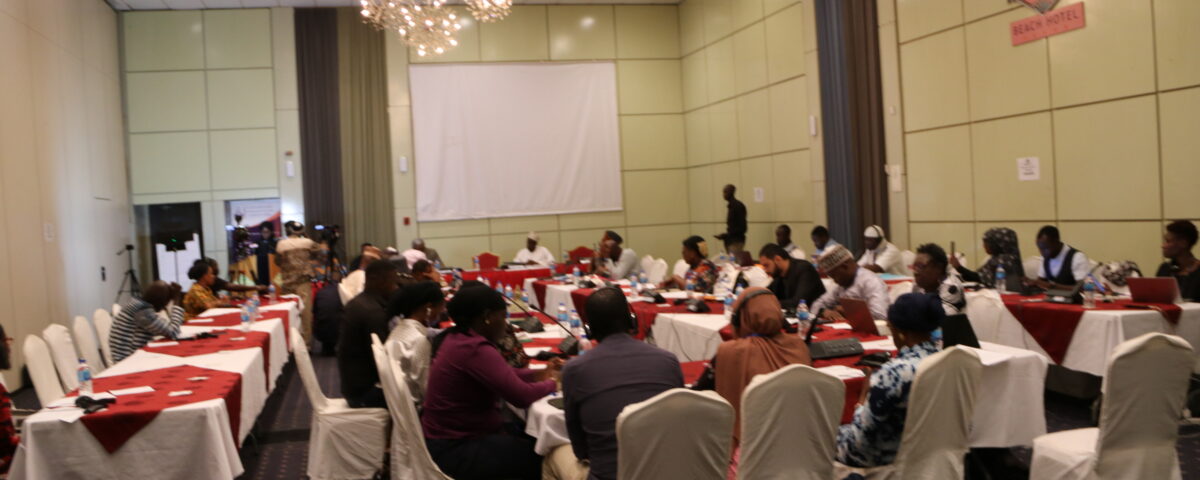During the recently concluded consultation and training of religious and traditional leaders across Africa, held in Banjul, The Gambia, participants engaged in vital discussions on pressing human rights issues. This initiative aimed to empower these leaders as change agents within their communities. The program, organized by the African Centre for Democracy and Human Rights Studies (ACDHRS) in collaboration with the Ford Foundation West Africa, focused on equipping leaders with the necessary tools to advocate for democracy, the rule of law, and human rights. The theme, “From Traditional to Transformative,” underscored the potential of these leaders to transition from cultural guardians to proactive advocates for social justice and peace.
The panel discussion, moderated by Justice Amina S. Ceesay of The Gambia High Court, focused on the role of religious and traditional leaders in peacebuilding and conflict resolution. Key speakers included Reverend Roddney Louie Prom, Imam Basirou Drammeh, and Amirr Baba F. Trawally, who shared insights on these leaders’ historical and contemporary influence in fostering peace.
Reverend Roddney Louie Prom emphasized the importance of understanding and respecting diverse traditions, stating that these differences shape societal roles. He highlighted the responsibility of religious leaders to promote peace, asserting that “Peace is what allows people to thrive and pursue better lives.” Prom stressed that religious leaders must advocate for marginalized groups and dismantle barriers like illiteracy to preach effectively.
Imam Basirou Drammeh discussed how Judaism, Christianity, and Islam share common values that promote human existence. He noted the trust placed in religious leaders and their critical role in resolving local conflicts, stating, “When religious leaders speak, people listen because they trust that what is being said is good.” Drammeh emphasized the expectation for leaders to lead by example and their role in elevating women’s status within Islam.
Mr. Baba F. Trawally highlighted The Gambia’s exemplary religious tolerance, where interfaith cooperation is common. He condemned acts of religious intolerance in Africa, citing recent violence in Burkina Faso. Trawally advocated for an end to persecution based on faith, emphasizing that “Judgment belongs only to God.”
The discussion underscored the vital role that religious and traditional leaders play in peacebuilding efforts. Their moral authority and community respect position them uniquely to mediate conflicts and advocate for marginalized voices. The insights shared during this panel highlight the ongoing need for collaboration among diverse faiths to foster understanding and harmony in society.


